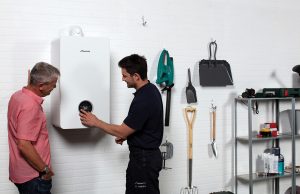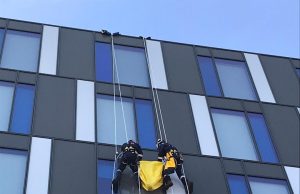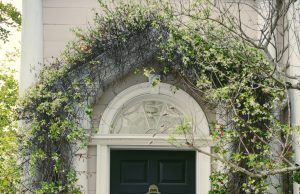
Ipe wood is one of the strongest, strongest, and naturally beautiful woods. It is popular on fences, furniture, truck beds, and decks. However, just because it is powerful and popular does not make it the right choice to meet your needs. This article will study the Ipe platform and discover all the good and bad. The primary reason for choosing the Ipe platform One might argue that the Ipe platform is the best in any situation, and there may be nothing wrong with them.
Here are the best reasons to choose Ipe over other wood types.
- Extremely durable. According to the Janka hardness scale Ipe wood is the 9th strongest wood available.
- Natural beauty. You can coat the deck to maintain the deep tones of the wood, or let it naturally fade into a gorgeous silver tone.
- Easy to replace. In the event a board is damaged, it is easy to replace without compromising other boards.
- Naturally rot and decay resistant. Even when cut and acclimated, Ipe wood resists pests, termites, rot and decay.
- Long life. Ipe wood is generally warrantied for at least 20 years, with life expectancy ranging from 40 to 75 years.
What is IPE?
Ipe (pronounced e-pay) is a Brazilian wood with multiple nicknames. You might call it Brazilian walnut, or get to know it by trade names such as Diamond Decking or Pau Lope. The new wood has a deep and rich red color and does not require treatment like pine. It is also quite powerful. Its hardness is more than 8 times that of mahogany, and it is one of the strongest and most durable deck woods.
Wood floors can be UV-coated to maintain a natural red hue, or faded in the sun to get a beautiful silver color. The tough wood is also resistant to decay and termites, making it a favorite for outdoor applications, including deck composites. Brazilian walnut should not be confused with Brazilian teak Cumaru, which is also used for decoration.
Advantages of IPE decking
We know Ipe is popular, and for good reason. The wood is hardy and durable. It has a lot of excellent features, too.
- Pest resistant. Termites can’t chew it, so they stay away. Other pests and wood-burrowing creatures also face the same problem.
- Doesn’t need to be treated. Unlike Pine and other woods, Ipe doesn’t need to be treated, so the wood you buy is the same wood from the tree itself.
- Ideal for outdoor use. the USDA Forestry Service gives Ipe a durability rating of “very good – 25 years” which is the highest rating they offer.
- High Janka hardness. The Janka hardness scale (measurement of wood strength) rates Ipe at 3684 pounds, making it the 9th hardest commercially available wood in the world.
- High slip resistance. Ipe also exceeds the slip requirements from the Americans with Disabilities Act with a high static coefficient in wet environments rating.
- Small movement. All wood will move (expand and contract due to temp and humidity). However, Ipe has a movement classification of “small.”













